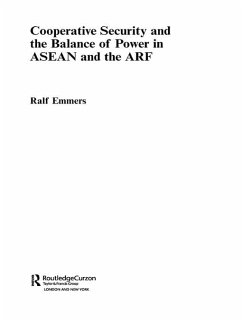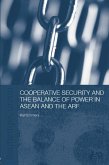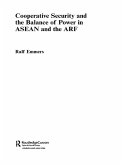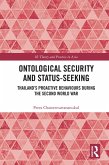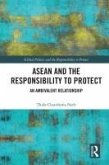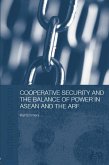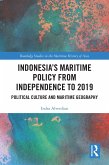Emmers questions the dichotomy implicit in this interpretation and investigates what role the balance of power really plays in such cooperative security arrangements and in the calculations of the participants of ASEAN and the ARF. He offers a thorough analysis of the influence the balance of power has had on the formation and evolution of the ASEAN and ARF and reveals the co-existence and inter-relationship between both approaches within the two institutions.
The book contains case studies of Brunei's motives in joining the ASEAN in 1984; ASEAN's response to the Third Indochina Conflict; the workings of the ARF since 1994 and ASEAN's involvement in the South China Sea dispute. It will interest students and researchers of the ASEAN and ARF, the international politics of Southeast Asia, Regionalism and the Balance of Power theory.
Dieser Download kann aus rechtlichen Gründen nur mit Rechnungsadresse in A, B, BG, CY, CZ, D, DK, EW, E, FIN, F, GR, HR, H, IRL, I, LT, L, LR, M, NL, PL, P, R, S, SLO, SK ausgeliefert werden.

